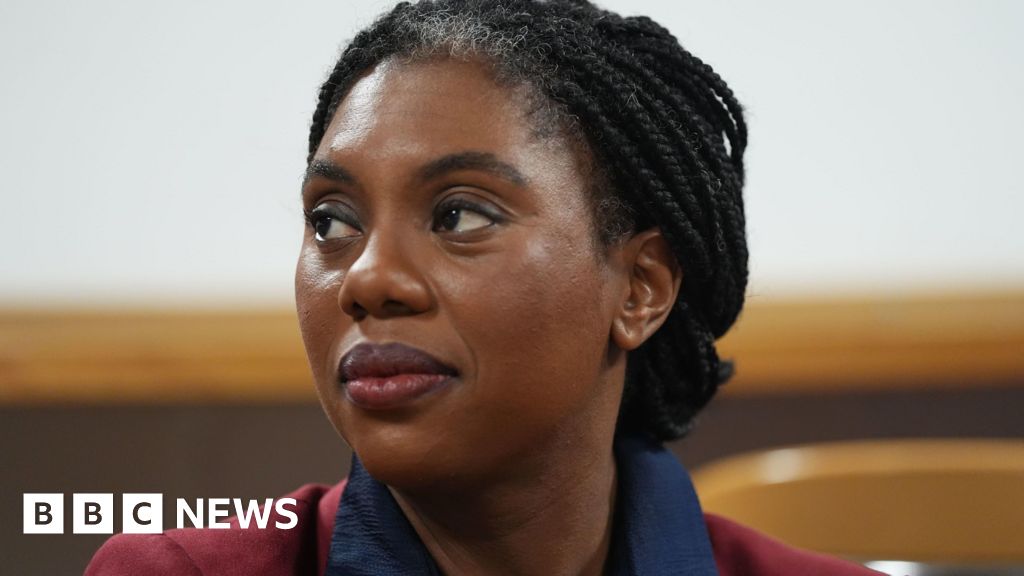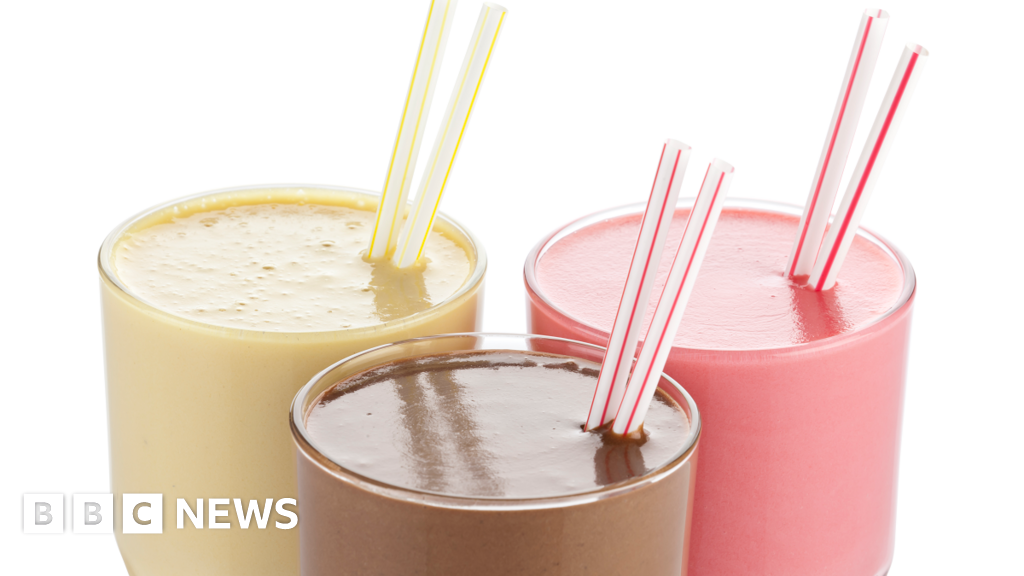ARTICLE AD BOX
Image source, Getty Images
Voters have had their say in UK-wide elections, with positions on 200 councils - and the make-up of Northern Ireland's government - up for grabs.
In the coming hours, the first results will come in and a picture of how the parties have fared will start to emerge.
What happens now?
Ballot boxes are taken from all the polling stations, to centres where staff open them up and start counting votes. Once all the votes in a particular area - like a council ward - are counted, the official in charge - known as the returning officer - takes the stage and announces the results.
When will we know the results?
The timing of the results depends on when the count begins. In England, just over half of the councils are planning to count straight away, with the results announced overnight and into the morning. The rest of England's counts don't begin until Friday morning. We should know most of the results by midday.
Counts in Scotland and Wales are expected to begin on Friday - so most results should be known by Friday evening.
In Northern Ireland counting also starts on Friday morning. The final results could be known by the end of the day, but it's possible counting will pause overnight and start again on Saturday morning, with final results likely by Saturday afternoon.
You can search for your results here:
What to look out
The first results will come from England, where up for grabs are 4,360 seats on about 146 councils, a handful of council mayoral positions and the role of South Yorkshire's mayor.
The last time most of these seats were contested was 2018. A lot has happened since then, and as ever with council elections, a mixture of local and national issues are likely to have played on voters' minds.
But there will be lots of attention on areas like Peterborough, Southampton and Pendle where Labour hopes to regain support to boost its General Election chances.
Keep an eye too on councils where no-one has overall control and a small number of seats changing hands could lead to a power shift between the parties, including Sheffield, Rossendale, Tunbridge Wells, Crawley and Plymouth.
London, which makes up about a third of all the seats being contested in England, will also be a key battleground.
In Scotland, people have been voting in all 32 local authorities. Last time this happened, in 2017, the Conservatives recorded their best local election performance since 1982, finishing second behind the SNP and ahead of Labour.
The 2017 elections left no single party with a majority on any mainland council - so they are all either run by a coalition or a minority administration.
Labour will be hoping to regain control of Glasgow City Council, which it lost last time. Another interesting battleground will be Aberdeen. The SNP were the largest party there in 2017 but were kept out of power because the Conservatives formed a partnership with Labour councillors - who were suspended from the party as a result.
In Wales, all seats in 22 local councils are being contested, and for the first time 16 and 17-year-olds are voting in local elections.
Labour, which retained power in the Welsh Parliamentary elections last year, will be hoping to make up ground it lost in 2017, when it shed more than 100 councillors. However, it remains dominant with control of seven authorities, including Cardiff.
The Conservatives, who gained 80 seats in 2017, have majority control of one council - Monmouthshire.
Plaid Cymru - which has a majority in Gwynedd - will want to build on its modest gains in 2017, while the Welsh Liberal Democrats, which lost councillors five years ago, will be hoping to make up for lost ground.
Independents are a big factor in Welsh council elections, making up the second largest group of candidates last time around.
What could happen in Northern Ireland?
It's a different type of election in Northern Ireland, where a new government is being elected. And it could be a historic result, with the possibility that for the first time a nationalist party may become the largest party in the devolved administration.
Members of the Northern Ireland Assembly are elected from parties belonging to one of three blocs: unionists, nationalists and non-aligned. The biggest party from the largest of the unionist/nationalist blocs nominates the first minister, and the largest party from the second-largest bloc nominates the deputy first minister.
Sinn Féin has been the second-biggest party since 2003 but it is confident of winning more seats than the Democratic Unionist Party (DUP) this time around.
How can I follow the results on the BBC?
The BBC News website will have updates and analysis including live results as they come in from England, Scotland, Wales and Northern Ireland, and a postcode checker to keep on top of results in your area.
You can also follow all the latest in the BBC election live page.
There will also be full coverage of the results across the UK on BBC television and radio, starting with an overnight Election Results special at 23:40 on BBC One and the BBC News Channel.

 2 years ago
131
2 years ago
131








 English (US) ·
English (US) ·